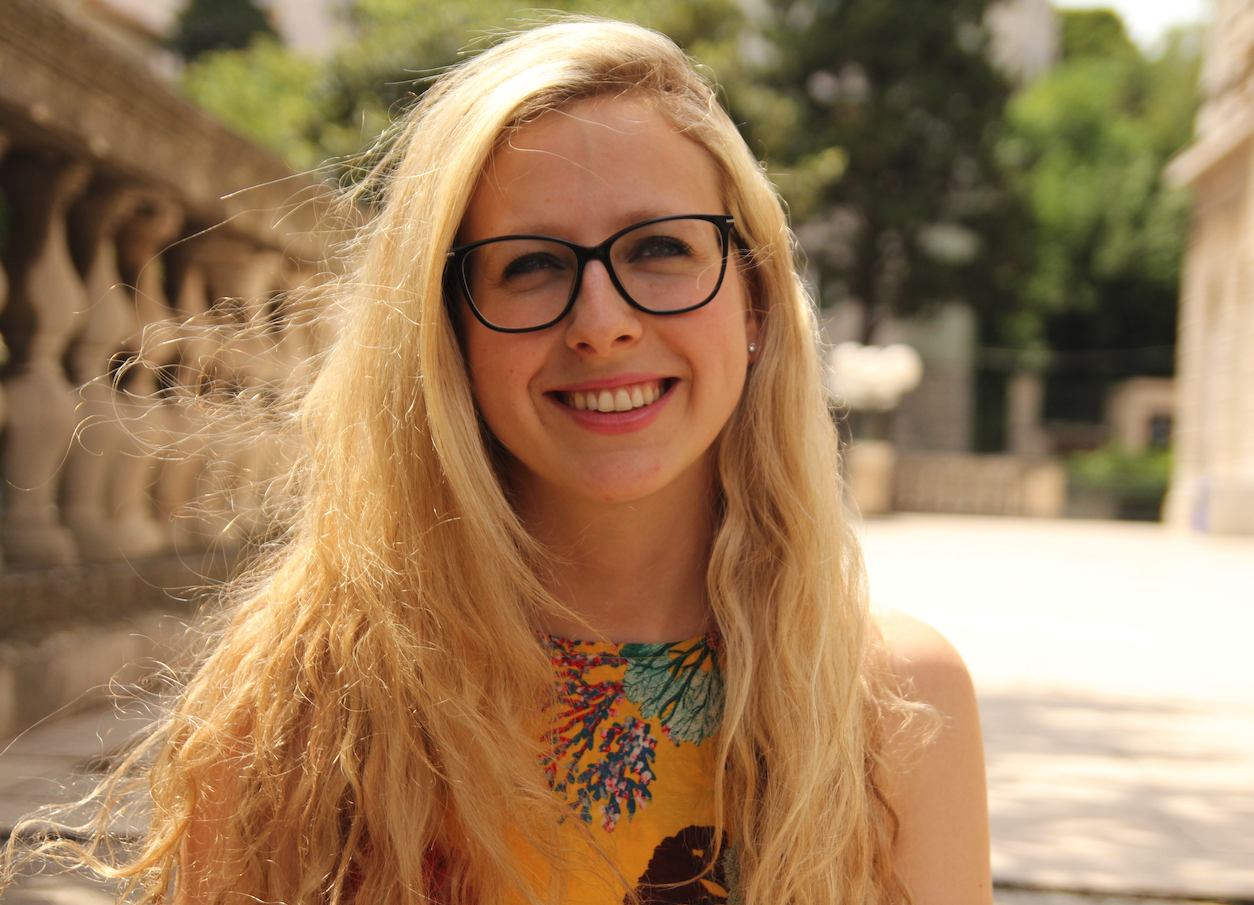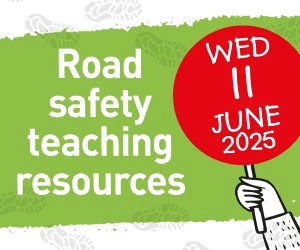Primary Times - the definitive what’s on and where to go family guide of activities and events for children of primary school age. Things to do with your kids during the school holidays including arts and craft activities, music and theatre for children, parties, competitions, days out, and family attractions along with term time drama schools, dance classes, after school clubs and sports activities. Things to do at a place near you!
Selective Mutism is NOT when a child chooses not to talk
 As a specialist in Selective Mutism, whenever I tell anyone that I work with children with Selective Mutism, I get one of two responses, either:
As a specialist in Selective Mutism, whenever I tell anyone that I work with children with Selective Mutism, I get one of two responses, either:
“I’ve never heard of that, what it is?” or
“Ah yes, I know what Selective Mutism is… it’s when a child chooses not to talk”.
I have heard this thousands of times; it is the biggest misconception about Selective Mutism, and a misconception that every parent, or anyone who knows and loves a child with Selective Mutism, wants to debunk.
Selective Mutism is NOT when a child chooses not to talk, it is very far from this, and to aid understanding and support for children with this condition it is important that this huge misconception is cleared up.
So, what is Selective Mutism?
Selective Mutism is when a child can’t talk sometimes.
A small change in wording but a huge difference.
A huge difference because it allows us to understand that this is not wilful behaviour.
If we believe that a child is choosing not to talk, is being stubborn, controlling, or defiant then this influences our approach to them; feelings of frustration and irritation may arise, when in fact what these children need is a huge dose of empathy and support.
It is not that these children are choosing not to talk, it is that they can’t talk sometimes.
Children with Selective Mutism can speak freely in situations where they feel comfortable; most commonly at home with parents and siblings, however, in other situations such as at school, in social or public situations, they are unable to speak. Selective Mutism is embedded in anxiety, meaning that when they are faced with the expectation to talk in a situation that have historically been unable to talk in, they experience the fight, flight, freeze response. They involuntarily freeze and are unable to talk. Some children describe it as their throat feeling ‘blocked’ or ‘stuck’. For these children communicating verbally in certain situations is an overwhelming and distressing experience.
Imagine the distress a child with Selective Mutism may feel in the classroom setting; the pressure to participate, answer a question from the teacher about their work, volunteer in front of the class, answer the register or do ‘show and tell.’ Equally, if a child has hurt themselves or feels unwell, they are expected to tell someone, or if they need to go to the toilet, they are expected to ask an adult.
All this expectation to talk increases feelings of anxiety and distress for children with Selective Mutism. As a specialist in this condition, I have come across countless children who have had accidents or urine infections as they have been unable to ask to go to the toilet, not to mention children who have hurt themselves and have been frozen all day, unable to tell a teacher or a school-based adult, and have only disclosed to their parents several hours later at home.
It is essential that school staff, parents, family members and society in general understand that Selective Mutism is a condition that requires support and intervention. These children are not choosing this. They are not refusing to speak out of stubbornness or being controlling. They are trapped in the silence. Their throat feels blocked and even though they want to talk, or they desperately need to use the toilet, it feels impossible to ask.
Selective Mutism is a complex and often misunderstood condition and so it is crucial that schools who have a child with this Selective Mutism receive training on how to support and help the child. The good news is that children can overcome Selective Mutism and make strides forward with talking, and the starting point to helping is understanding from those around them.
Lucy Nathanson is a Selective Mutism Specialist, Best Selling Author, International Speaker, and founder of Confident Children. Confident Children specialises in helping children with Selective Mutism by offering online sessions to parents and schools internationally. Lucy has written books for both children and adults and has spoken at conferences and summits internationally on the topic of supporting children with Selective Mutism.
For a free do’s and don’ts sheet with tips on how to interact with a child with SM click here. Confident Children also has a YouTube channel and Facebook page.





